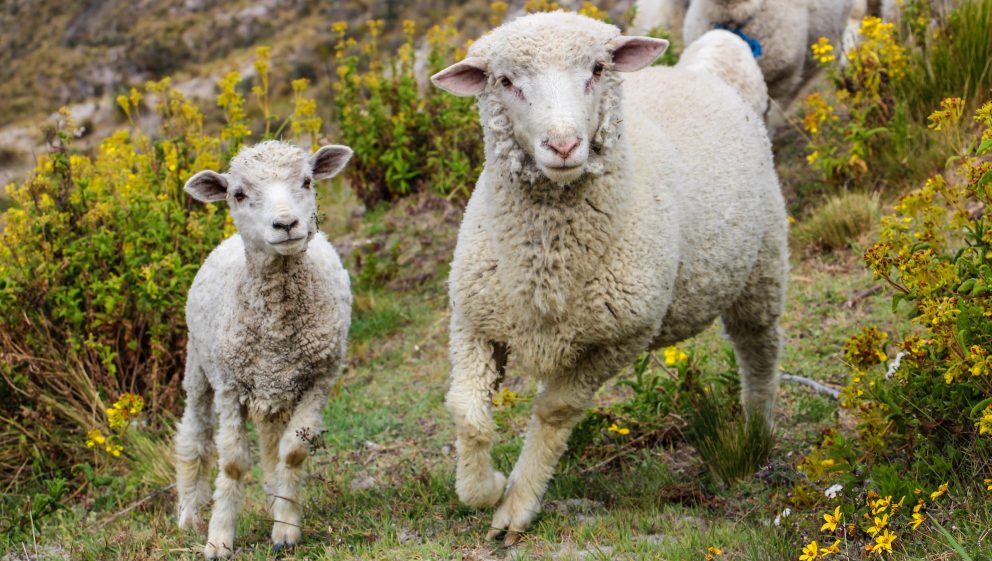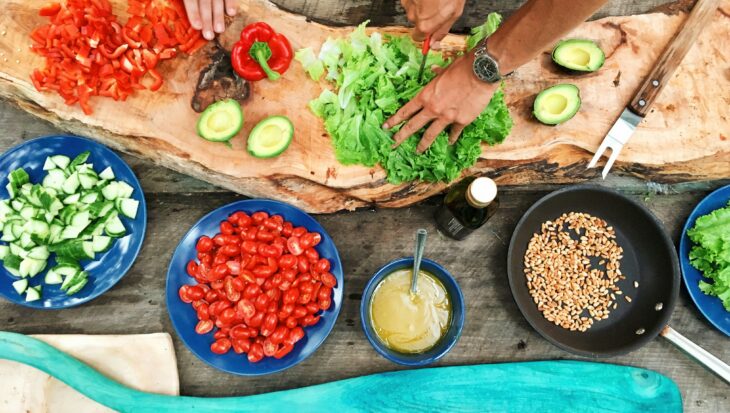Ban on the use of lead shot – finally!
Posted 10 Jul 2025

Posted on the 1st September 2021

Update: In May 2024, the Animal Welfare (Livestock Exports) Bill passed its final stage in Parliament, delivering on the government’s longstanding commitment to ending the export of animals for slaughter and fattening overseas. Read more here.
Following Defra’s 12-week consultation on live exports, to which 184 Animal Aid supporters submitted responses, Defra has published their response.
We are extremely grateful to our supporters for taking the time and trouble to take part, as this was far more challenging than other previous consultations. We were encouraged to hear that 11,395 responses, in total, were received.
It has been stated that live animal exports for slaughter and fattening could be banned as early as January next year, as legislation is already working its way through Parliament. There are also some proposed improvements in conditions for domestic journeys, but we believe these proposals could have gone much further to better protect farmed animals such as sheep and cows from the stress and suffering of extensive and cramped journeys. Animal Aid would like to see a total ban on live exports with no exceptions, we believe that farmed animals should not be transported at all. However, we welcome this positive step on the road to eliminating our use and abuse of animals.
Defra’s own press release stated:
‘Independent evidence has shown that very long journeys can cause heat stress, dehydration and physical injuries in transported animals such as horses, pigs, sheep, poultry and cattle.’
We are disappointed that the ban does not cover all live animal exports, only cows, sheep, goats, pigs and horses being sent for slaughter or fattening, travelling from or through England, Wales and Scotland. Animals being exported for ‘breeding’ can still be sent, as can birds such as pheasants, geese, partridges, quail, chickens, turkeys or ducks.
Although the consultation proposed some tightening of the rules to bring in shorter journey times, more headroom, and stricter rules on animals being transported in extreme temperatures, we still contend that no farmed animals should be transported.
In summary, the following are proposals for journey times for journeys over 65km (40 miles) in England and Wales:
Alongside other proposals, Defra’s consultation response states:
‘We will work closely with industry, NGOs and other stakeholders on our proposed policies through a series of workshops starting in the autumn, to explore some of the issues and the evidence in more detail and develop workable solutions which will generate good welfare outcomes. Once agreed, a package of reforms will be implemented through secondary legislation or guidance, as appropriate.’
We will do all we can to input into this process and will keep you updated on our progress.
Order a go vegan packPosted 10 Jul 2025

Temperatures are rising and it’s time to get outdoors, enjoy the weather and tuck into some delicious vegan food! Thanks to an abundance of plant-based options now available, there’s an alfresco option for every tastebud...
Posted 09 Jul 2025
